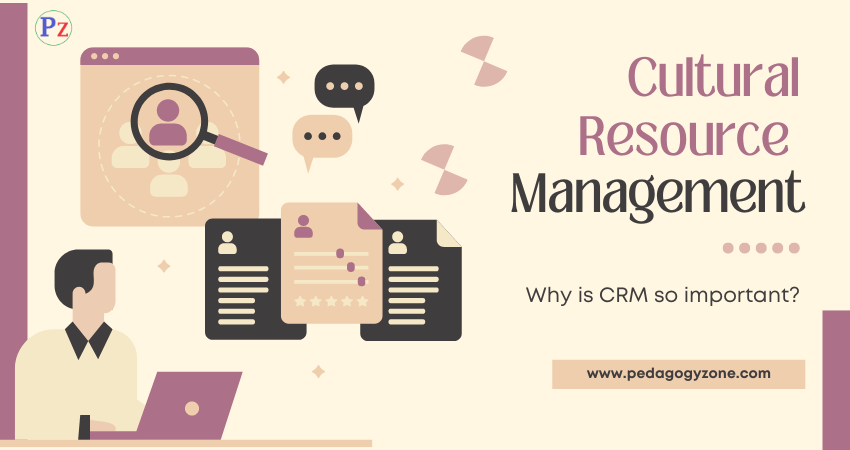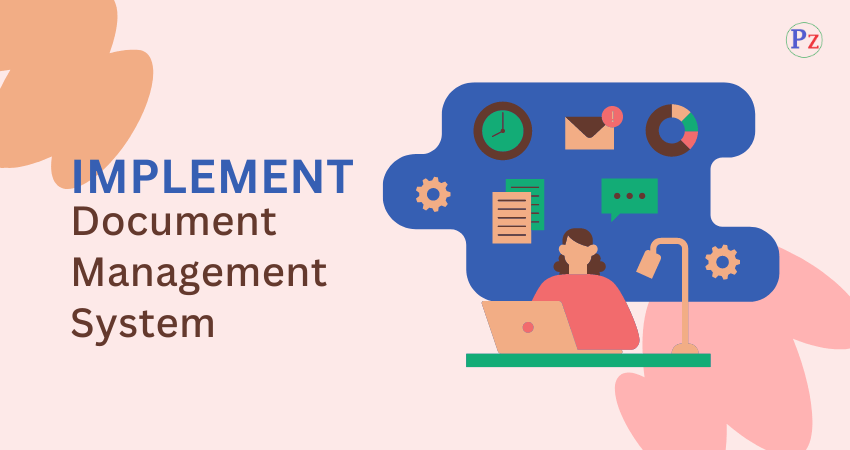Definition of Politics
According to Stephen Robbins, “Organizational Politics refers to those activities that are not required as part of one’s formal role in the organization, but that influence, or attempt to influence, the distribution of advantages and disadvantages within the organization”.
According to Tushman, “The structure and process of the use of authority and power to affect definitions of goals, directions and the other major parameters of the organization. Decisions are not made in a rational and formal way but rather through compromise, accommodation and bargaining”.
Reasons for organisation politics
- Unclear Goals- The more unclear and complex the goals are, the more politics will be there.
- Autocratic Decisions- The leader dictates the decision or orders; the subordinates have no right to point out. Therefore, in order to safeguard their interests, workers involved in politics by forming coalitions and associations.
- Discretionary Authority- Organizations provide positions with discretionary authority that is used based on individual judgment. Example A minister can appoint any one for PA with their discretionary power.
- Power Politics- There is a competition among managers/ executives to acquire more and more power.
- Biased Performance Appraisal- Performance appraisal is made on the basis of the judgment of the superior. As such, the performance appraisal is likely to be subjective and biased.
- Saturation in Promotion- Some people resort to politics after they have reached saturation level of career. Having felt that they have reached the maximum level as per their talent and skills, they feel dissatisfaction and resort to the organizational politics.
- Competition for power
- Ambiguity in organization
- Dissatisfaction in promotion
- Joint decision making
Manage Organizational Politics
- Jobs need to be clearly defined- Political behaviour is caused in organization in the absence of clarity in job definition, Dysfunctional behaviour can be restricted if the jobs are clearly defined.
- Management should discourage the dysfunctional behaviour of people- Dysfunctional form of political behaviour occurs only when top management encourages it directly or indirectly. Therefore, instead of indulging in dysfunctional behaviour, they should discourage it by making provisions to penalize such behaviour.
- Actions should be taken to nip the dysfunctional behaviour in the bud- when the first of dysfunctional behaviour is evident, management should apply offensive tactics to curb and curtail it.
- People should be rewarded objectively- People are rewarded for their positive behaviour and penalized for the negative one.
- Open communication- Among people help stop control over information and, in turn, discourage political behaviour among them.
- Reduction in uncertainty- In terms of ambiguous goals, unrealistic and nonprogrammable decisions, technological, and organizational change breeds dysfunctional behaviour of politics.
- Awareness- Making people aware of the cause and consequences of politics make them resist temptations of resorting to political behaviour.

| Read More Topics |
| Organizational behaviour models |
| Five sources of ethical standards |
| Role of HR managers in present times |




